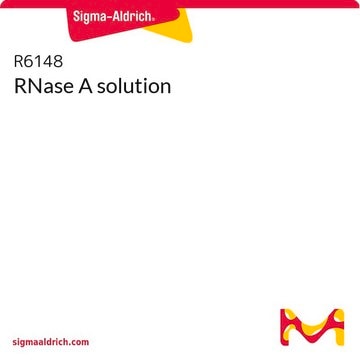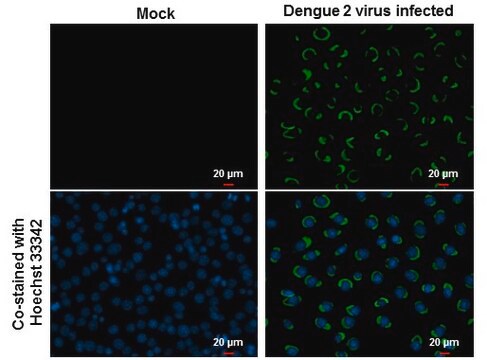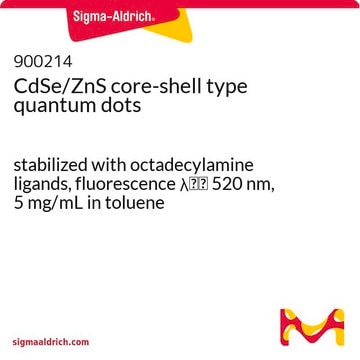MAB8152-I
Anti-West Nile Virus/Kunjin Antibody, NS1 Antibody, clone 3.1112G
About This Item
Produits recommandés
Source biologique
mouse
Niveau de qualité
Conjugué
unconjugated
Forme d'anticorps
purified antibody
Type de produit anticorps
primary antibodies
Clone
3.1112G, monoclonal
Poids mol.
calculated mol wt 381.37 kDa
Espèces réactives
virus
Conditionnement
antibody small pack of 100 μL
Technique(s)
ELISA: suitable
affinity binding assay: suitable
immunofluorescence: suitable
western blot: suitable
Isotype
IgM
Séquence de l'épitope
Extracellular domain
Numéro d'accès Protein ID
Numéro d'accès UniProt
Conditions d'expédition
2-8°C
Modification post-traductionnelle de la cible
unmodified
Informations sur le gène
vaccinia virus ... poly> POLY(912267)
Description générale
Spécificité
Immunogène
Application
Evaluated by ELISA with recombinant West Nile Virus NS1 protein.
ELISA Analysis: Various concentrations of this antibody detected recombinant West Nile virus NS1 protein.
Tested Applications
ELISA Analysis: A representative lot detected West Nile Virus/Kunjin, NS1 in ELISA applications (Shelite, T.R., et al. (2008). Vector Borne Zoonotic Dis.;8(3):321-9; Ledermann, J.P., et al. (2011). Clin Vaccine Immunol.;18(4):580-7; Thompson, N.N., et al. (2012). Vector Borne Zoonotic Dis.;12(11):969-78).
Affinity Binding Assay: A representative lot of this antibody bound West Nile Virus/Kunjin with a KD of 1.0 x 10-12 in an affinity binding assay.
Western Blotting Analysis: A representative lot detected West Nile Virus/Kunjin, NS1 in Western Blotting applications (Whiteman, M.C., et al. (2011). Vaccine.;29(52):9702-10).
Immunofluorescence Analysis: A representative lot detected West Nile Virus/Kunjin, NS1 in Immunofluorescence applications (Garcia-Tapa, D. et al. (2006). Vet Immunol Immunopathol.;110(3-4):229-44; Giel-Moloney, M., et al. (2019). Sci Rep.;9(1):20005).
Note: Actual optimal working dilutions must be determined by end user as specimens, and experimental conditions may vary with the end user
Forme physique
Stockage et stabilité
Autres remarques
Clause de non-responsabilité
Vous ne trouvez pas le bon produit ?
Essayez notre Outil de sélection de produits.
Code de la classe de stockage
12 - Non Combustible Liquids
Classe de danger pour l'eau (WGK)
WGK 2
Point d'éclair (°F)
Not applicable
Point d'éclair (°C)
Not applicable
Certificats d'analyse (COA)
Recherchez un Certificats d'analyse (COA) en saisissant le numéro de lot du produit. Les numéros de lot figurent sur l'étiquette du produit après les mots "Lot" ou "Batch".
Déjà en possession de ce produit ?
Retrouvez la documentation relative aux produits que vous avez récemment achetés dans la Bibliothèque de documents.
Notre équipe de scientifiques dispose d'une expérience dans tous les secteurs de la recherche, notamment en sciences de la vie, science des matériaux, synthèse chimique, chromatographie, analyse et dans de nombreux autres domaines..
Contacter notre Service technique








